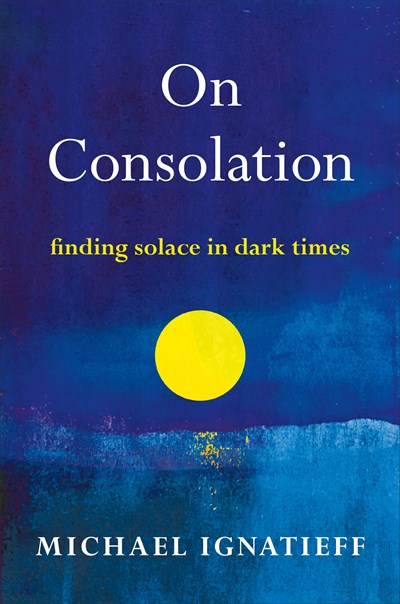2018 School Spending Survey Report
On Consolation: Finding Solace in Dark Times
COPY ISBN
VERDICT Readers interested in history or philosophy (whether or not they are religious), will find Ignatieff’s blend of spirituality and self-help to be particularly significant.
RELATED
ALREADY A SUBSCRIBER? LOG IN
We are currently offering this content for free. Sign up now to activate your personal profile, where you can save articles for future viewing




Comment Policy:
Comment should not be empty !!!